We Also Recommend
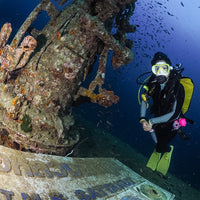

Regular price
8,500 ฿
8,500 ฿
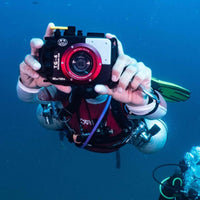

Regular price
5,500 ฿
5,500 ฿
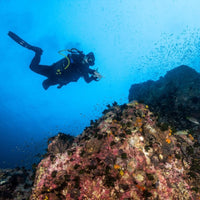

Regular price
8,500 ฿
8,500 ฿
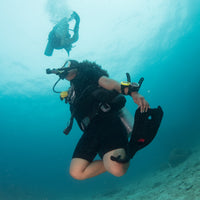

Regular price
5,500 ฿
5,500 ฿
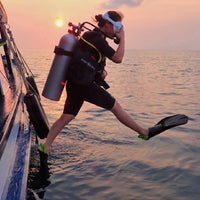

Regular price
7,500 ฿
7,500 ฿
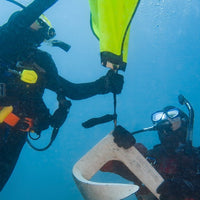

Regular price
8,000 ฿
8,000 ฿
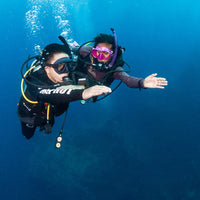

Regular price
7,000 ฿
7,000 ฿
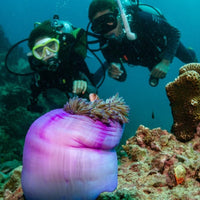

Regular price
5,500 ฿
5,500 ฿
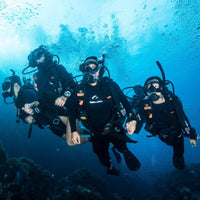

Regular price
5,500 ฿
5,500 ฿
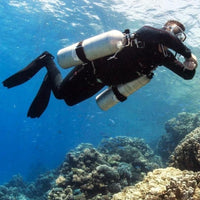

Regular price
14,000 ฿
14,000 ฿
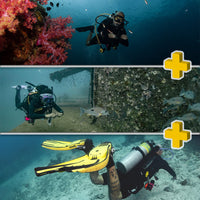

Regular price
21,500 ฿
21,500 ฿
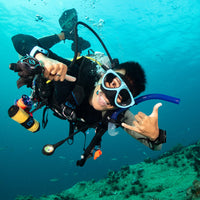

Regular price
45,000 ฿
45,000 ฿
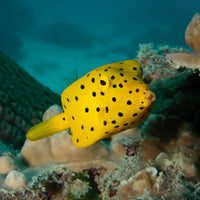

Regular price
5,500 ฿
5,500 ฿
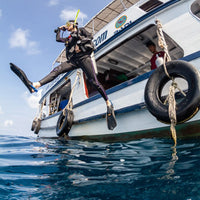

Regular price
5,500 ฿
5,500 ฿
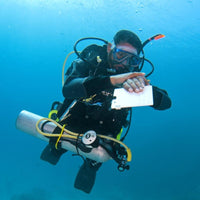

Regular price
12,000 ฿
12,000 ฿
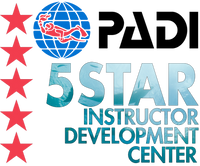
PADI 5 Stars IDC Center
More than 50000 PADI Certifications
24/7 CUSTOMER SERVICE
Our team is at your disposal for any questions about our articles or your order.
SECURE PAYMENTS
The management of our online payments is 100% Secure with Stripe
FREE SHIPPING
Free Shipping in Thailand
×
This website uses cookies to ensure you get the best experience on our website.


